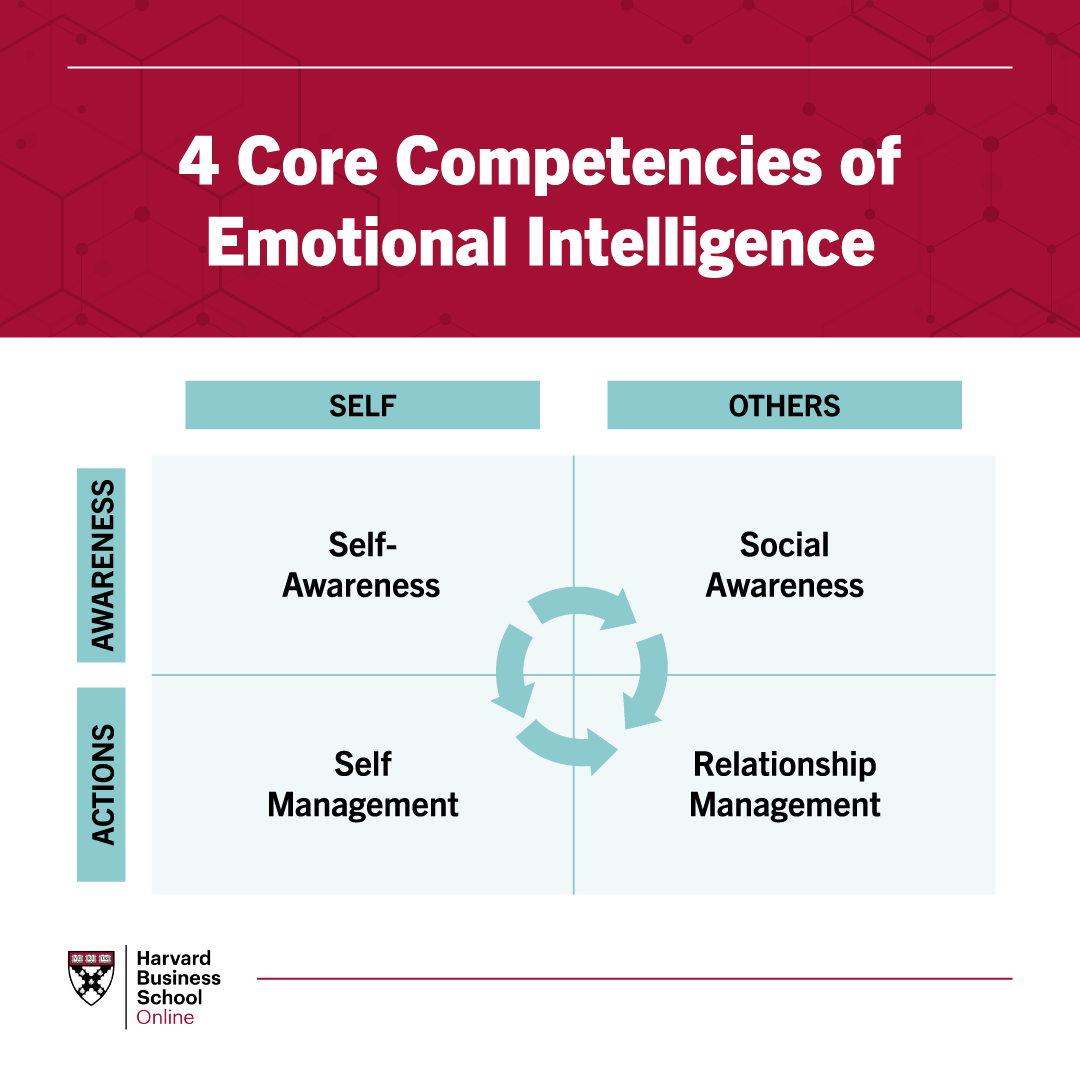- Filter By :
- Theoretical Questions
- Case Studies
-
Q. What are the key components of emotional intelligence, and to what extent can they be developed through learning and experience?(150 words)
15 May, 2025 GS Paper 4 Theoretical QuestionsApproach
- Briefly define Emotional Intelligence (EI).
- Examine the core elements of emotional intelligence such as self-awareness, self-regulation, etc; how these can be cultivated through learning and real-life experiences.
- Conclude suitably.
Introduction
Emotional intelligence refers to the ability to identify and manage one’s own emotions, as well as the emotions of others. It is crucial for effective communication, leadership, and overall success in both personal and professional settings.
Body
- Self-Awareness: Self-awareness is the ability to understand and recognize one’s emotions and their impact on behavior and performance. Leaders who are self-aware can make better decisions, regulate their emotions, and enhance their performance.
- Example: Leaders can assess their emotional triggers through 360-degree feedback, enabling them to understand how their actions are perceived by others.
- Self-Management: Self-management refers to the ability to control one’s emotions and impulses, particularly in stressful situations.
- Persons with strong self-management skills can respond thoughtfully rather than react impulsively, which allows them to maintain a positive outlook even during setbacks.
- Social Awareness: Social awareness involves recognizing and understanding the emotions of others, as well as the social dynamics at play within a group or organization. This skill enables one to practice empathy, which is essential for effective communication and collaboration.
- Example: A civil servant notices that women in a rural meeting are reluctant to speak due to cultural norms. Aware of the social dynamics, he encourages them to open dialogue and ensures inclusive participation.
- Relationship Management: Relationship management is the ability to influence, mentor, and resolve conflicts effectively. Persons with strong relationship management skills can build and maintain positive relationships, enhance teamwork, and address conflicts in a constructive manner.
- Example: A leader addressing a workplace conflict promptly and respectfully can prevent resentment, improving team dynamics and productivity.
EI Development Through Learning and Experience:
- 360-Degree Feedback: Actively seeking feedback from peers, subordinates, family and supervisors to uncover blind spots and leadership gaps.
- Journaling: Reflecting on emotional experiences to understand their impact on decisions and interactions.
- Setting specific goals to target areas for growth, such as improving social skills or motivation.
- Active Listening: Paying full attention to others, paraphrasing, and using non-verbal cues to show understanding.
- Training and Courses: Engaging in emotional intelligence workshops or community participation can help deepen one’s understanding and application of EI principles.
- Self-Reflection: Regularly assessing emotional responses to different situations to improve self-awareness and self-regulation.
Conclusion
Developing emotional intelligence enhances self-growth, leadership, and workplace relationships. Through practices like reflection and feedback, individuals can improve EI, leading to stronger communication, better teamwork, and overall success.To get PDF version, Please click on "Print PDF" button.
Print PDF





